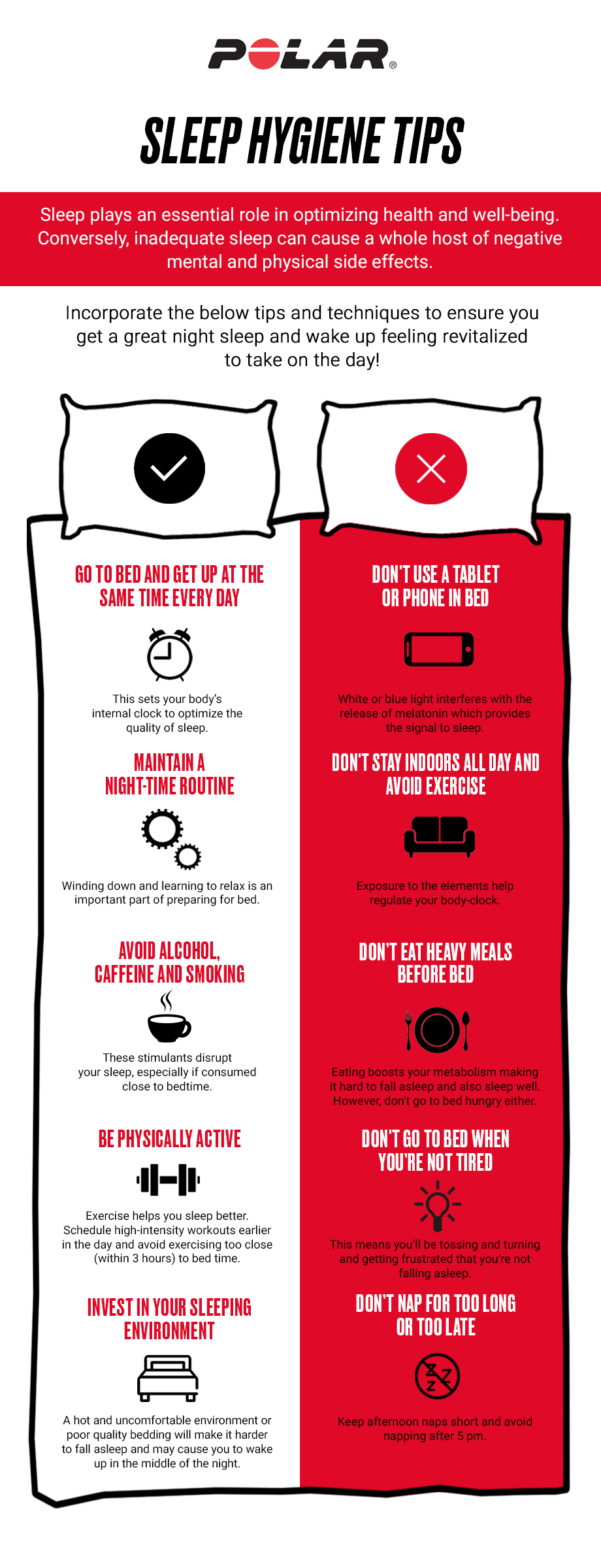
Subheading: Understanding Sleep Hygiene
Sleep hygiene refers to practices and habits that promote better sleep quality and overall sleep health. Incorporating effective strategies into your daily routine can significantly enhance your ability to fall asleep faster and enjoy a more restful night.
Subheading: Establishing a Consistent Sleep Schedule
Maintaining a regular sleep schedule is crucial for regulating your body’s internal clock. Aim to go to bed and wake up at the same time every day, even on weekends. This consistency helps synchronize your body’s natural sleep-wake cycle, improving sleep quality over time.
Subheading: Creating a Relaxing Bedtime Routine
Develop a relaxing pre-sleep routine to signal your body that it’s time to wind down. Engage in calming activities like reading, taking a warm bath, or practicing relaxation exercises. These activities prepare your mind and body for sleep, reducing the time it takes to fall asleep.
Subheading: Optimizing Your Sleep Environment
Craft a sleep-conducive environment by optimizing your bedroom. Ensure your mattress and pillows are comfortable and supportive. Keep the room dark, quiet, and at a comfortable temperature to create an ideal sleep environment that promotes restfulness.
Subheading: Limiting Stimulants and Electronics
Avoid stimulating activities and electronics close to bedtime. Limit caffeine intake in the afternoon and evenings, as it can interfere with falling asleep. Additionally, minimize screen time from devices like smartphones and computers, as the blue light emitted can disrupt the production of sleep-inducing hormones.
Subheading: Regular Exercise for Better Sleep
Engaging in regular physical activity can improve sleep quality. Aim for moderate exercise during the day, as it helps regulate your body’s internal clock and promotes deeper sleep. However, avoid vigorous exercise close to bedtime, as it may have the opposite effect.
Subheading: Watching Your Diet and Fluid Intake
Be mindful of what and when you eat and drink, especially in the hours leading up to bedtime. Avoid heavy meals, spicy foods, and excessive liquids before bedtime to prevent discomfort and disruptions in sleep.
Subheading: Managing Stress and Anxiety
Stress and anxiety can significantly impact sleep quality. Practice stress management techniques such as meditation, deep breathing exercises, or journaling to alleviate stress before bedtime. Creating a relaxed mental state can promote better sleep.
Subheading: Limiting Daytime Naps
While short naps can be beneficial, especially for improving alertness and performance, lengthy or late-day naps can interfere with nighttime sleep. Limit daytime naps to around 20-30 minutes to avoid disrupting your sleep cycle.
Subheading: Seeking Consistent Sleep Patterns
Consistency is key in developing healthy sleep habits. Implement these sleep hygiene tips consistently to allow your body to adapt and establish a more regular sleep pattern, contributing to better overall sleep quality.
Subheading: Conclusion and Further Resources
Exploring and implementing effective sleep hygiene practices can significantly enhance your sleep quality and overall well-being. To delve deeper into these strategies and discover more insights on achieving better sleep, explore the comprehensive guide on Tips for better sleep hygiene.
By prioritizing good sleep hygiene, you can foster a more conducive environment for restful sleep, improving your health and daily functioning. Incorporating these tips into your routine can pave the way for a more rejuvenating and fulfilling sleep experience.



